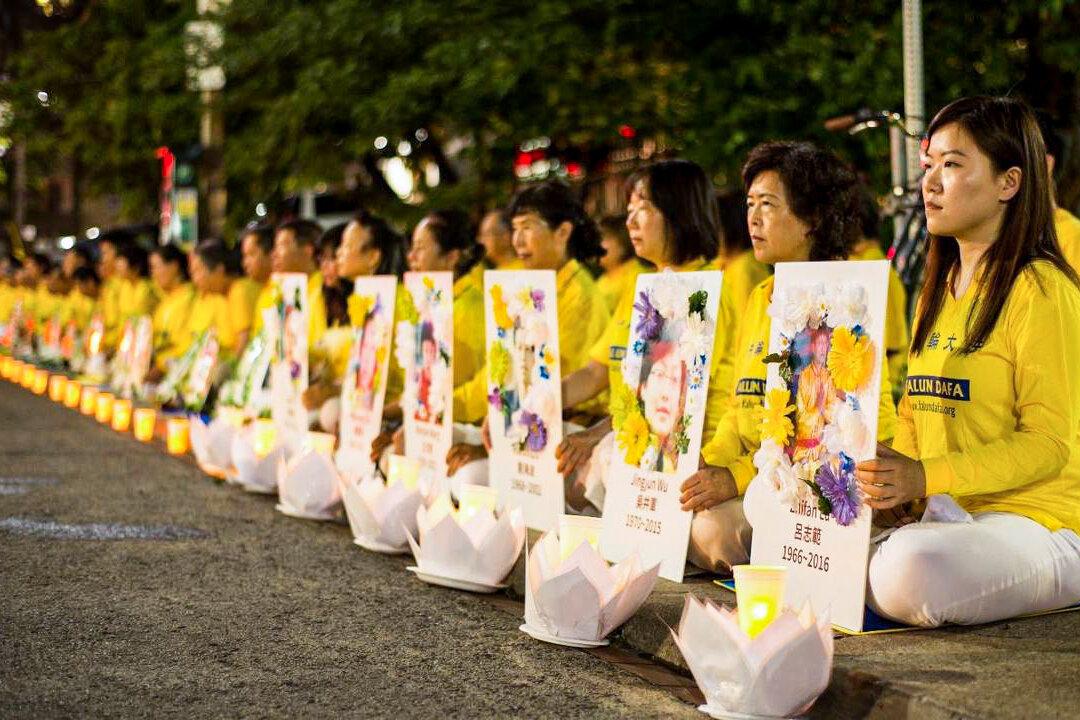A comprehensive report details the Chinese regime’s 24-year foreign interference and extension of its repression of Falun Gong to Canada, highlighting its escalation and tactics to silence the group and stifle its human rights advocacy. The report also underscores these activities’ negative impact on Canadians as the regime advances its ideological goals.
The 130-page report, released by the Falun Dafa Association of Canada (FDAC) on Oct. 25, documents numerous instances in the country where individuals or entities engaged in physical and verbal assault, intimidation, harassment, and social exclusion of members of the spiritual practice of Falun Gong, also called Falun Dafa.





